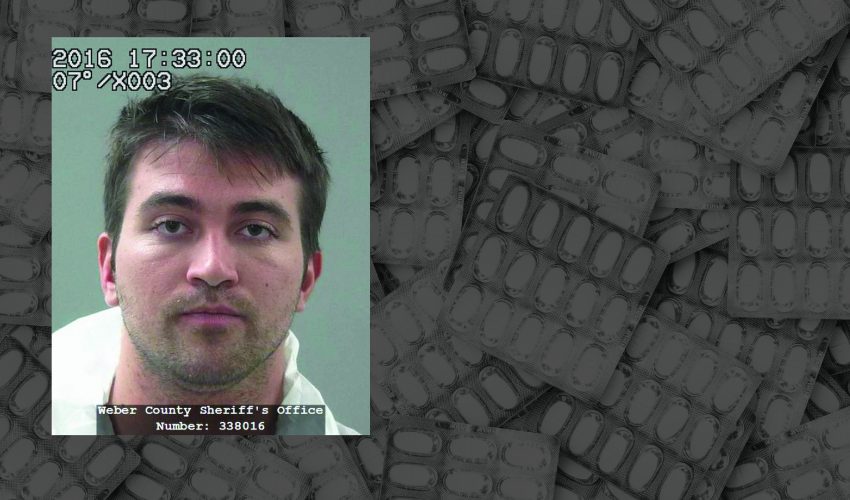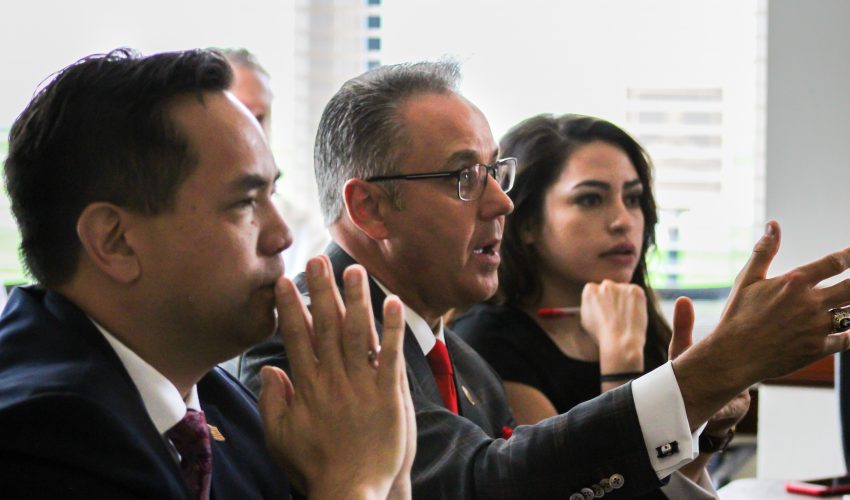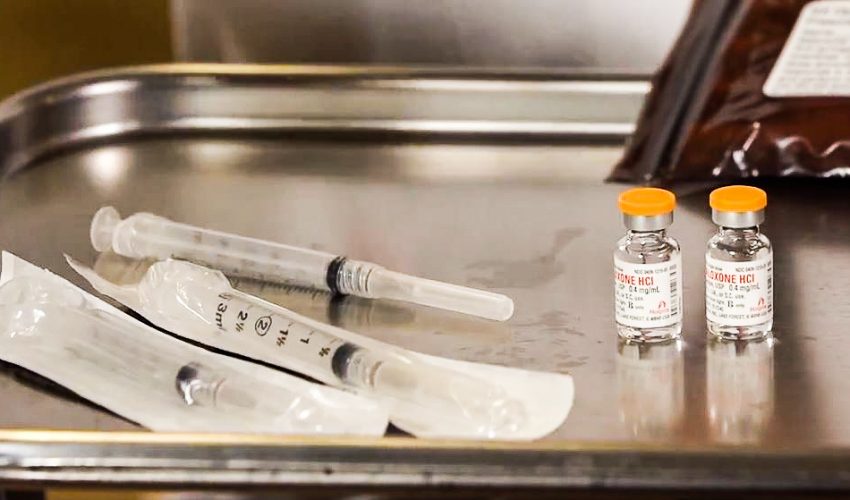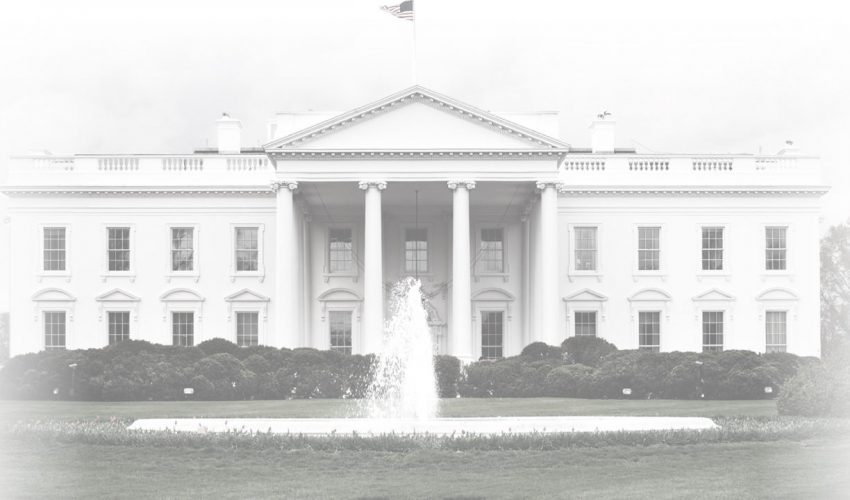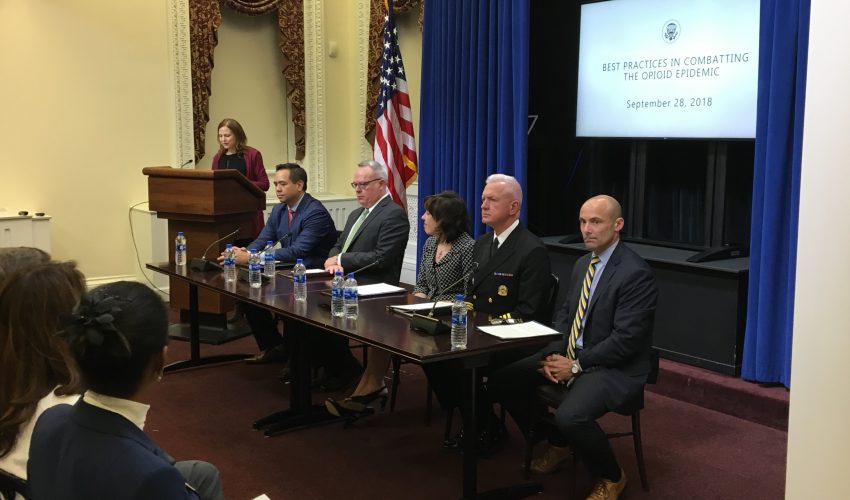October 25, 2019
Opioids have killed at least 460,000 Americans over the last 20 years. That’s approaching the death toll of World War II and the Vietnam War combined.
It is a priority of the Utah Attorney General’s Office to combat the opioid crisis in Utah. The AG’s Office has joined states across the nation in multiple lawsuits against some of the nation’s largest pharmaceutical companies, such as Purdue Pharmaceuticals – a company that additionally faces hundreds of lawsuits by other government entities. There are many more ongoing investigations regarding the company’s primary impact on the opioid crisis.
That’s not all. There are many more lawsuits filed against pharmaceutical companies from other states, cities, counties, and Native American tribes. Below is an excerpt from the Deseret News article, Opioids killed at least 460,000 Americans, Now the manufacturers face a reckoning, detailing the process.
While settlements and rumors of cash awards circulate, the sheer volume of lawsuits and proposals and different governments involved — including states and cities and Native American tribes — means any final award tally is very much up in the air.
Lawsuits may be negotiated separately, then there’s a process for determining who gets what and that’s bound to be complicated, with formulas that consider many different factors. Those factors include how big a state’s population is and how severe the problem has been in each one, income levels and more, said Richard Piatt, spokesman for Utah’s Attorney General’s Office. It amounts to a lot of moving pieces — and the process can move quite slowly.
Nor is all the help coming from lawsuits. The Trump administration announced in September $1.8 billion in grants to help states and local governments combat the opioid epidemic, according to the U.S. Department of Health and Human Services. Utah’s share is $24 million.
Opioids Killed at least 460,000 Americans. Now the manufacturers face a reckoning.
By Lois M. Collins, Deseret News
The opioid crisis affects people of every age, gender, race, sexual orientation, and socioeconomic status. The Utah Attorney General’s Office urges everyone to safely, and appropriately dispose of unused and expired medications in your home to help combat the opioid crisis. Tomorrow is Utah Take Back Day from 10 AM to 2 PM across the state. Find the disposal box closest to you at utahtakeback.org.
In addition, Walgreens houses medication disposal boxes in their stores. Riverton City recently launched a new medication disposal program that integrated large, blue disposal boxes containing NarcX, a solution that dissolves and destroys opioid medications.
If you or someone you know is struggling with opioid addiction, make sure you keep a Naloxone kit on hand – you will save a life.


